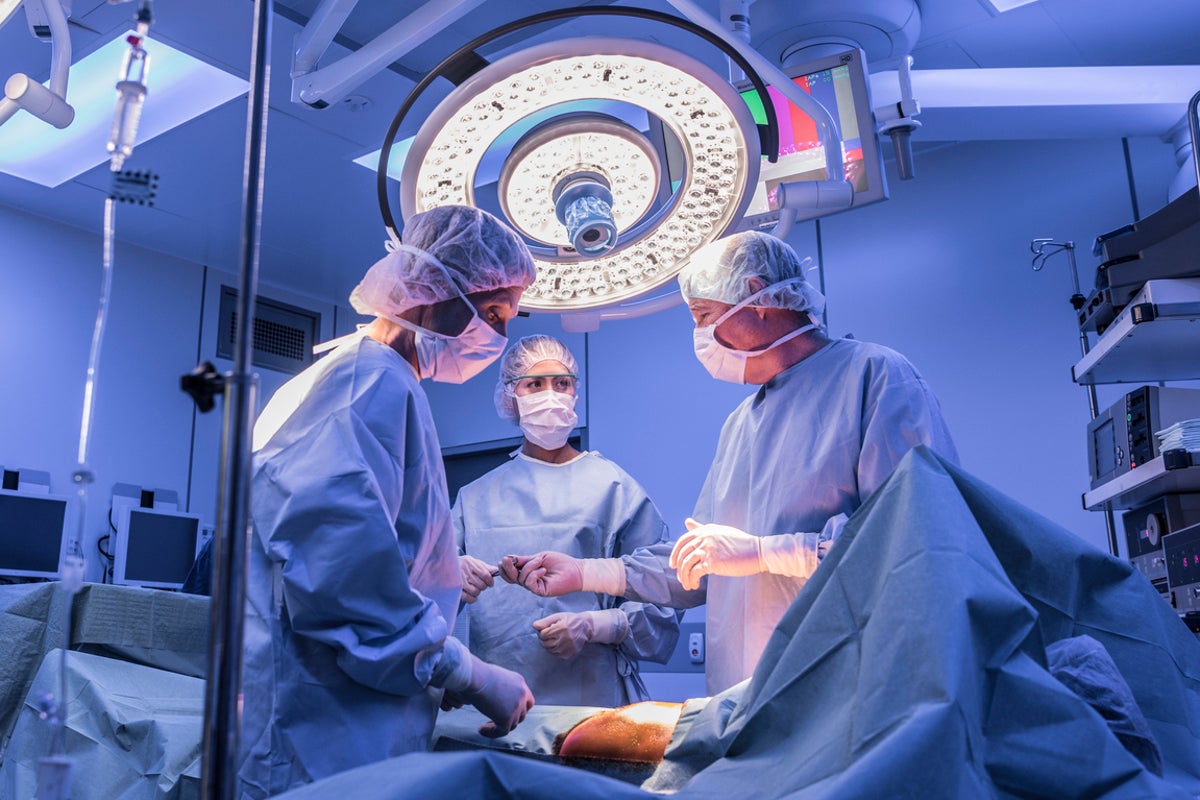Introduction
In the complex world of medical malpractice litigation, expert witnesses play a pivotal role in assisting the court by clarifying medical standards and practices. Their testimony can heavily influence the outcome of a case, impacting both the legal and financial aspects for the parties involved. This article aims to provide comprehensive tips for expert witnesses in medical malpractice trials, helping them to prepare effectively and deliver impactful testimony.
Understanding Medical Malpractice
To effectively serve as an expert witness in medical malpractice cases, it is crucial to first understand what constitutes medical malpractice. Medical malpractice occurs when a healthcare professional deviates from the accepted standard of care, leading to harm or injury to a patient. Such a standard is typically defined by what a reasonable healthcare provider would do under similar circumstances. Common examples of medical malpractice include:
- Misdiagnosis or delayed diagnosisSurgical errorsMedication errorsFailure to obtain informed consent
Understanding these fundamentals helps the expert witness navigate the nuances of the case and present clearer insights to the court.
The Role of the Expert Witness
The primary responsibility of an expert witness in medical malpractice cases is to provide an unbiased, professional opinion based on their expertise. This can include:
- Assessing the standard of care that should have been appliedExplaining how the defendant’s actions fell short of this standardDetailing the injuries suffered by the patient and their correlation with the provided medical care
Expert witnesses are often called upon to elucidate Sue for medical malpractice challenging medical concepts, making them accessible for the jury and judge. For this reason, their ability to communicate effectively is just as essential as their medical knowledge.
Preparation Tips for Expert Witnesses
Being an expert witness requires thorough preparation. Here are some essential tips:
1. Review All Case Materials
Expert witnesses should meticulously review all pertinent case materials, including:
- Medical recordsDepositions of involved partiesPre-trial motions and pleadings
This thorough review allows witnesses to grasp the details of the case, understand various perspectives, and identify critical issues that need clarification during testimony.
2. Understand the Jurisdictional Differences
Medical malpractice laws vary significantly from one jurisdiction to another. Expert witnesses should familiarize themselves with the relevant laws in the jurisdiction where the trial takes place. Knowledge top rated medical error attorneys of statutes of limitations, standards for expert testimony, and any specific procedures related to medical malpractice claims is invaluable.
3. Create Clear and Concise Reports
Typically, expert witnesses will be required to provide written reports that summarize their findings and opinions. These reports should be:
- Thorough yet understandableFree from jargon and overly technical languageBased on factual information
A well-structured report will fortify their credibility and serve as a solid foundation for their testimony in court.
4. Anticipate Opposing Counsel's Questions
Preparing for potential cross-examination is critical. Expert witnesses can anticipate questions on:
- Their qualificationsPotential bias or conflict of interestSpecific terminologies or practices mentioned in their reports
By anticipating these questions and formulating strategic responses, experts can maintain their credibility and reinforce their position.
5. Practice Effective Communication Skills
While expert witnesses must be knowledgeable, they also need to be skilled communicators. They should:
- Practice explaining complex medical concepts in layman's termsEngage in mock testimony to hone their presentation skillsSeek feedback from colleagues or legal teams to improve clarity
Effective communication can significantly enhance the jury's understanding and perception of the case at hand.

The Testimonial Process
The testimony phase in a medical malpractice trial can be daunting for an expert witness. Here are some pointers to navigate this process:
1. Arrive Prepared
Preparation is key. On the day of testimony, expert witnesses should bring:
- All relevant documents, including their report and case materialsA clear understanding of the case and their opinionsComfortable attire to project professionalism
Being well-prepared will help reduce anxiety and foster confidence during testimony.
2. Provide Clear and Direct Answers
During direct examination, experts should focus on:
- Answering questions clearly and conciselyStaying on topic and avoiding unnecessary elaborationMaintaining composure, even under pressure
This approach helps maintain clarity for the jury and reinforces the effectiveness of their testimony.
3. Handle Cross-Examination with Poise
Cross-examination can be particularly challenging; however, expert witnesses should strive to:
- Remain calm and composedAddress questions methodically without being defensiveStick to established facts and refrain from speculation
By exhibiting poise and professionalism, experts can significantly impact the case's trajectory.
Conclusion
Serving as an expert witness in medical malpractice trials can be a demanding yet rewarding endeavor. By understanding the nuances of medical malpractice, preparing thoroughly, and communicating effectively, expert witnesses can provide valuable insights that contribute significantly to the courtroom. With a grasp on their role and meticulous attention to detail, they stand as crucial allies in the pursuit of justice within the medical field.